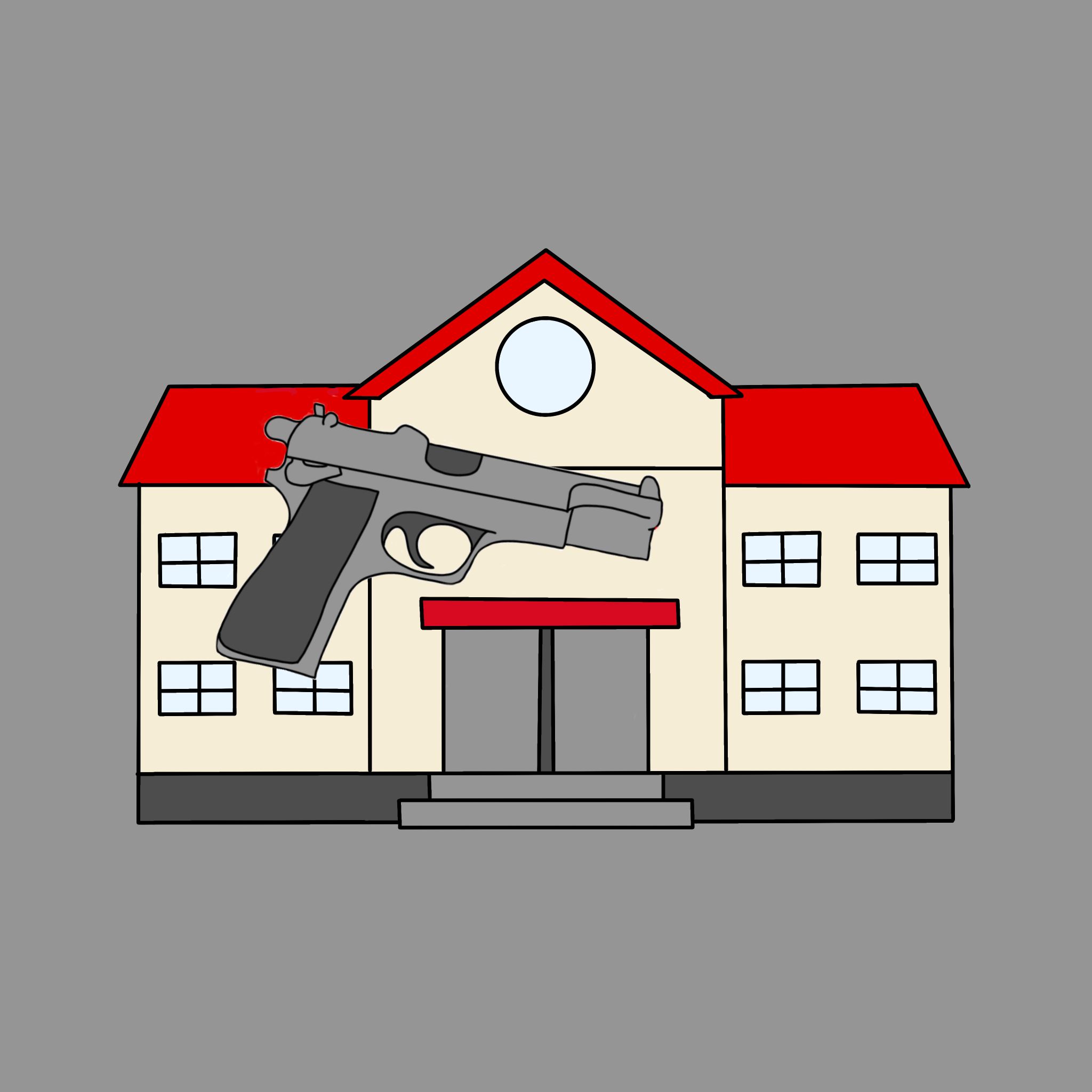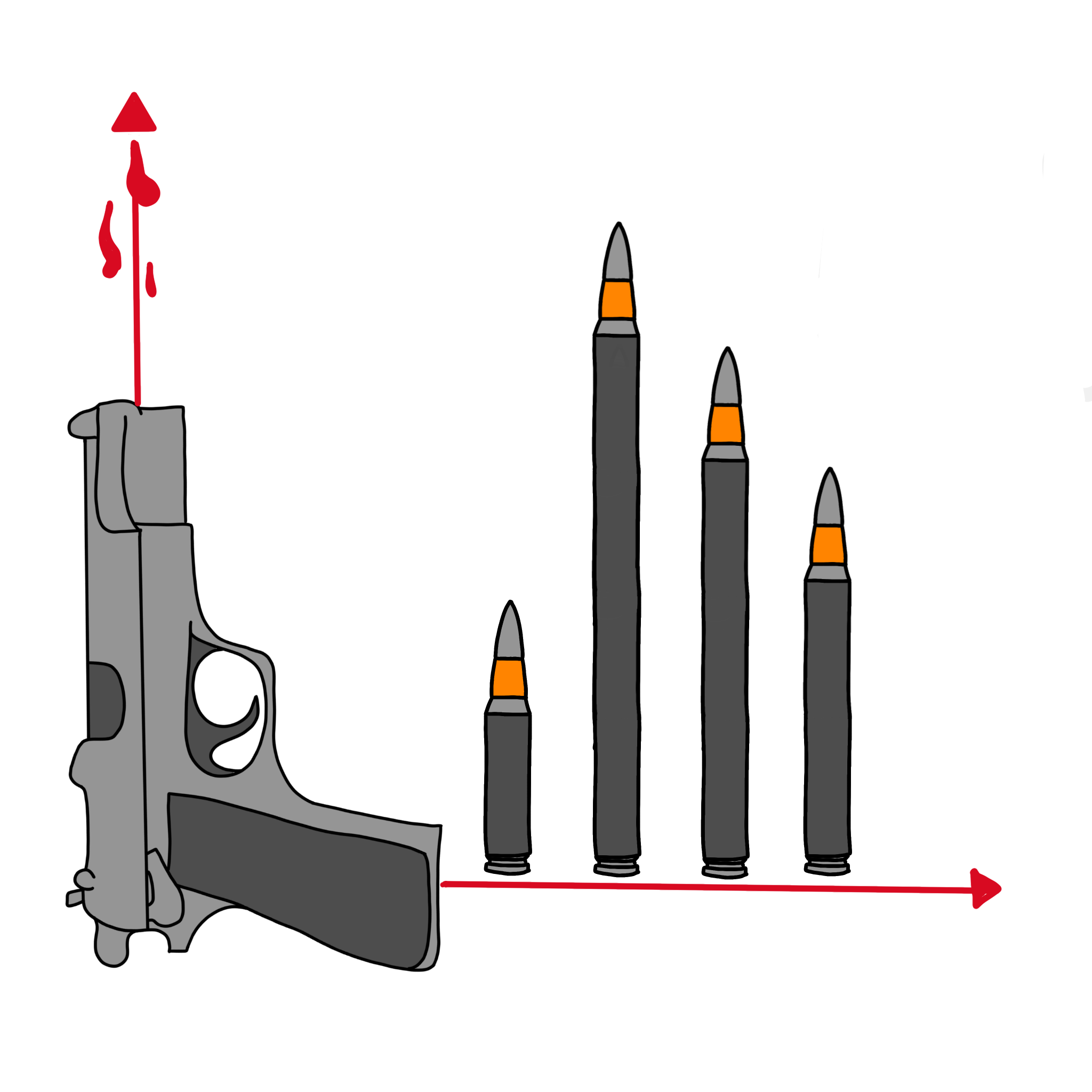Gun laws are a hotly debated topic around the world, with many countries implementing strict regulations on firearms in order to reduce the incidence of gun-related crime. The United States, however, has historically taken a more liberal approach to gun ownership, with many individuals advocating for their right to bear arms. In this article, we will compare and contrast gun laws in other countries with those in the United States. According to the Gun Violence Archive, there were 43,559 incidents of gun violence in the United States in 2021, resulting in 11,347 deaths and 23,129 injuries. In contrast, countries with stricter gun laws such as Canada and Japan have significantly lower rates of gun violence. Canada had 223 gun-related deaths in 2019, while Japan had only six.
One of the main differences between gun laws in the United States and other countries is the ease with which individuals can obtain firearms. In the United States, there is no federal law requiring background checks on all gun sales, and in many states, individuals can purchase guns at gun shows without any background checks at all. In contrast, countries such as Canada and Australia require background checks on all gun purchases, and in many cases, individuals must demonstrate a legitimate reason for owning a firearm. Another significant difference is the types of firearms that are legal to own. In the United States, there are few restrictions on the types of guns that individuals can own, with some states allowing the ownership of automatic weapons and high-capacity magazines. In contrast, countries such as Japan and the United Kingdom have strict laws prohibiting the ownership of handguns and assault rifles. There is also a difference in the training required to obtain a gun license. In many countries, such as Canada and Australia, individuals must complete a safety course and demonstrate proficiency in handling firearms before they are allowed to purchase a gun. In the United States, there is no such requirement, and many individuals can purchase firearms without any training at all. Finally, there is a difference in the way gun ownership is viewed in different countries. In the United States, there is a strong cultural attachment to the right to bear arms, with many individuals viewing gun ownership as a fundamental right. In contrast, many countries view gun ownership as a privilege that must be earned and regulated.
In conclusion, there are significant differences in gun laws between the United States and other countries. While the United States takes a more liberal approach to gun ownership, with fewer restrictions on the types of guns that individuals can own and less regulation around the purchase and training required to obtain a gun license, countries with stricter gun laws such as Canada and Japan have significantly lower rates of gun violence. It is clear that the issue of gun control is complex and multifaceted, and will continue to be a topic of debate for years to come.
Sources: Pew Research Center: “Key Facts About Americans and Guns.” Pew Research Center, 13 Sept. 2021, www.pewresearch.org/short-reads/2021/09/13/key-facts-about-americans-and-guns/. Gun Violence Archive. www.gunviolencearchive.org. The Trace: “Gun Violence Deaths Statistics in America.” The Trace, 2022, www.thetrace.org/2022/12/gun-violence-deaths-statistics-america/.
Written by Sophia Huang

 Firing Blasters in Cold Blood
Firing Blasters in Cold Blood